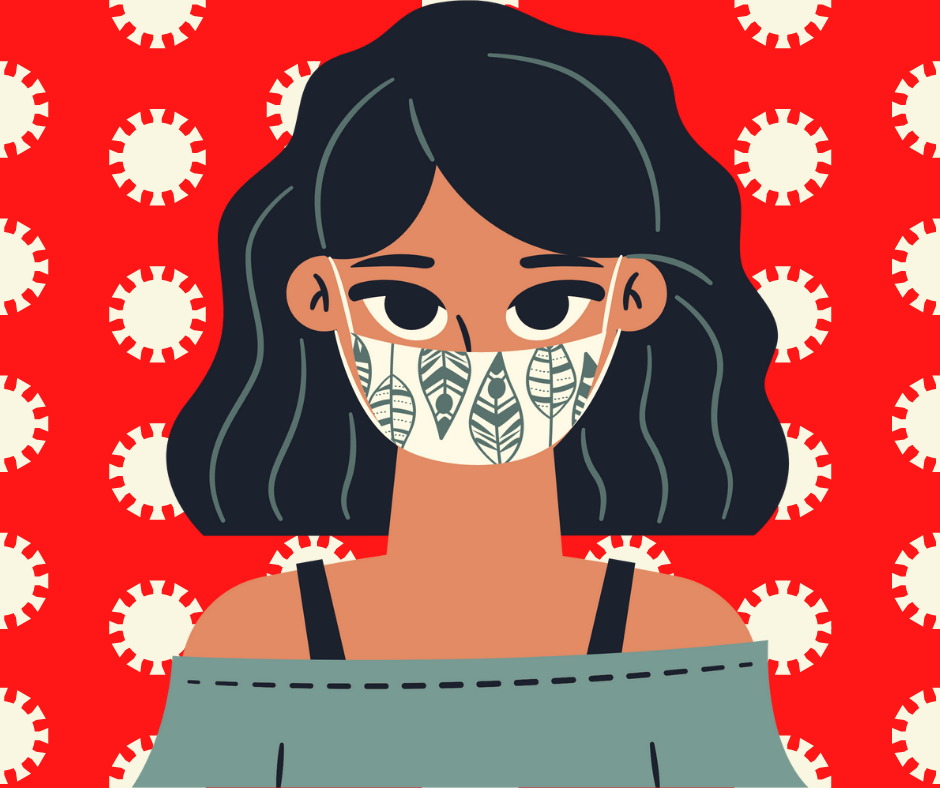Article by CSI
“We’re not just fighting an epidemic. We’re fighting an infodemic”[i].
According to Scheufele[ii], uncertainty and anxiety about the pandemic, combined with the political overtones and partisanship that influence how we respond to new information, create an environment ripe for misinformation, that often goes viral due to its ability to provoke emotion.
Below there is a step-by-step guide explaining the expert-recommended way to vet news, plus guidance for what to do if someone you know shares misinformation.
How do you know whether a news source is trustworthy?
If the source isn’t one you’re familiar with, then Google it to make sure it is a legitimate news organization Major health organizations such as the Centers for Disease Control and Prevention (CDC) and the World Health Organization (WHO) are among the most credible sources of information on the COVID-19 pandemic. Then consider whether the writer is a coronavirus or pandemic expert or just a scientist in a related field. If the author is a journalist, check to see their expertise.
How do I make sure the information in a report is legitimate? What are red flags to watch out for?
“Especially for COVID-19 [news], the date matters so much,” Vraga[iii] says, because “a lot of the facts on the ground may have changed,” “Take a deep breath and be skeptical,” Vraga says, especially when you see the following red flags: too-good-to-be-true headlines or news that plays strongly to emotional cues instead of taking a level-headed approach.
What should I know about how scientific research works? How can I tell strong research from weak research?
Because science is so specialized, it’s unrealistic to expect yourself to vet a scientific study all on your own, Scheufele says. Instead, he suggests asking these questions: “Is the study peer-reviewed? Is it in a reputable journal? Do the authors work at a top-tier university? And if the study is covered by news media, what do other independent experts think of the results?”. Vraga suggests checking a study’s sample size to know whether a study might be too small to be generalizable to the larger population. Finally, Scheufele says, “If a study makes absolute claims without any acknowledgment of uncertainties or caveats, it’s probably too good to be true.”
There are a lot of “my friend who is a healthcare provider at X hospital says,” posts circulating on social media lately. Should I trust these?
“The plural of anecdote is not data,” Scheufele says. In other words: Be wary of treating one person or one healthcare worker’s experience as broadly generalizable.
What should I know when looking at a chart, image or infographic circulating on social media?
For an image or video try running the photo or a video frame through a reverse image search tool like Google Images. Moreover, look for an explanation of the graphic from a reputable source, read the axis labels carefully, see where the data depicted came from and pay attention to the units of measurement.
How do I judge whether an information source is twisting the facts to suit a political narrative?
“Look at the content and see: Who is it benefitting?” Maktoufi says. “Is it benefiting a specific group or partisan group or company?”
What should I do if someone in my social circle shares information I know is false?
Don’t be condescending or cruel. Your friend, acquaintance or family member is likely well intentioned and anxious about the disease, just like you. Gently correct them and link to an unimpeachably credible source, Maktoufi says. Research suggests that if you’re close to someone, your correction has a higher chance of sticking.
What should I do if I accidentally share inaccurate information?
If you realize you’ve already shared misinformation, Vraga says you should self-correct, ideally by deleting the original, inaccurate statement and create a new post, email or text—whichever platform you originally shared it on—with the accurate information. Alternatively, you can prominently update your original post with the correction, although people may not see the updated version on their feeds. Plus, thank the friend who tipped you off to the error.
Full article: How to Avoid Misinformation About COVID-19 | Science | Smithsonian Magazine
[i] Tedros Adhanom Ghebreyesus, World Health Organization director-general, international security conference, February 2020,:
[ii] Professor at the University of Wisconsin-Madison who studies science and political communication
[iii] Associate professor in mass communication at the University of Minnesota who researches health misinformation on social media
Alexandra Pambouka,
Project Manager
Center for Social Innovation (CSI) I www.csicy.com

